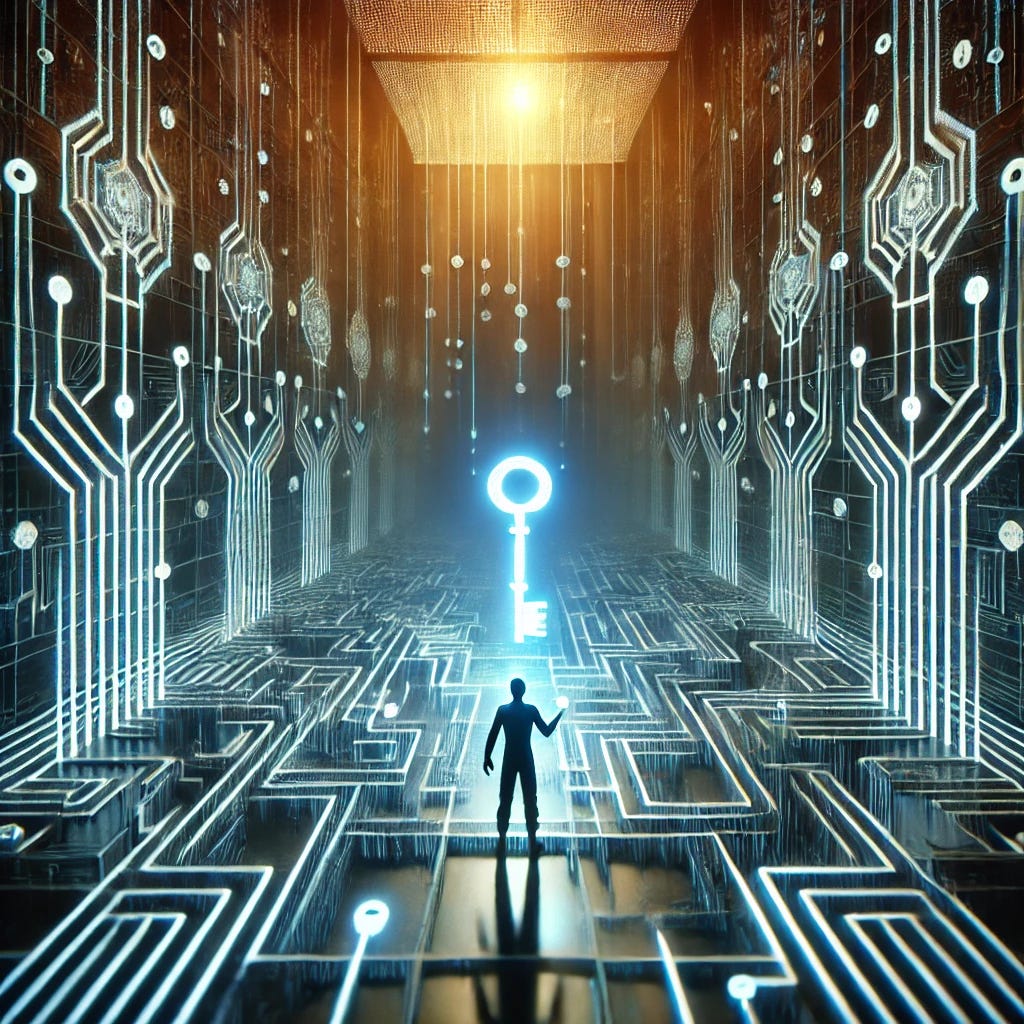Medium
1M
371

Image Credit: Medium
Between Game and Reality: Autonomy in the Digital Age #6
- The role of artificial intelligence turns humans not only as players but also as creators. As long as there is the opportunity for playful creativity, human autonomy remains, even within digital change.
- Digital spaces allow identity to flourish without limits. Avatarization dissolves the boundaries of the analog world, allowing identities, genders, and social roles to merge. However, this freedom poses a challenge when translated into the analog world that requires structural stability.
- Specialized AI designed to preserve and disseminate specific knowledge could offer opportunities for societal stability, acting as a collective memory that retains critical knowledge during times of need. Specialized AI offers a form of cultural and intellectual autonomy that ensures essential knowledge and skills are preserved.
- Algorithms that structure digital reality construct personalized filter bubbles that restrict human perception and decision-making, limiting freedom in a way that individuals perceive their thoughts and decisions as their own while influenced by machine-driven systems. Algorithmic structures blur the line between autonomous decision-making and subtle manipulation.
- True autonomy can only exist in balance. Play allows for the exploration of technology within a creative framework and the playful experience of balancing forces. This balance between opposites is a prerequisite for preserving autonomy and supporting human freedom in the digital age.
- A countercurrent manifests in a return to spiritual and analog values, a renaissance of a life not dominated by technology. This return to spiritual living underscores that autonomy is more than a choice between technology and nature — it is an expression of an inner striving for authentic freedom.
Read Full Article
22 Likes
For uninterrupted reading, download the app